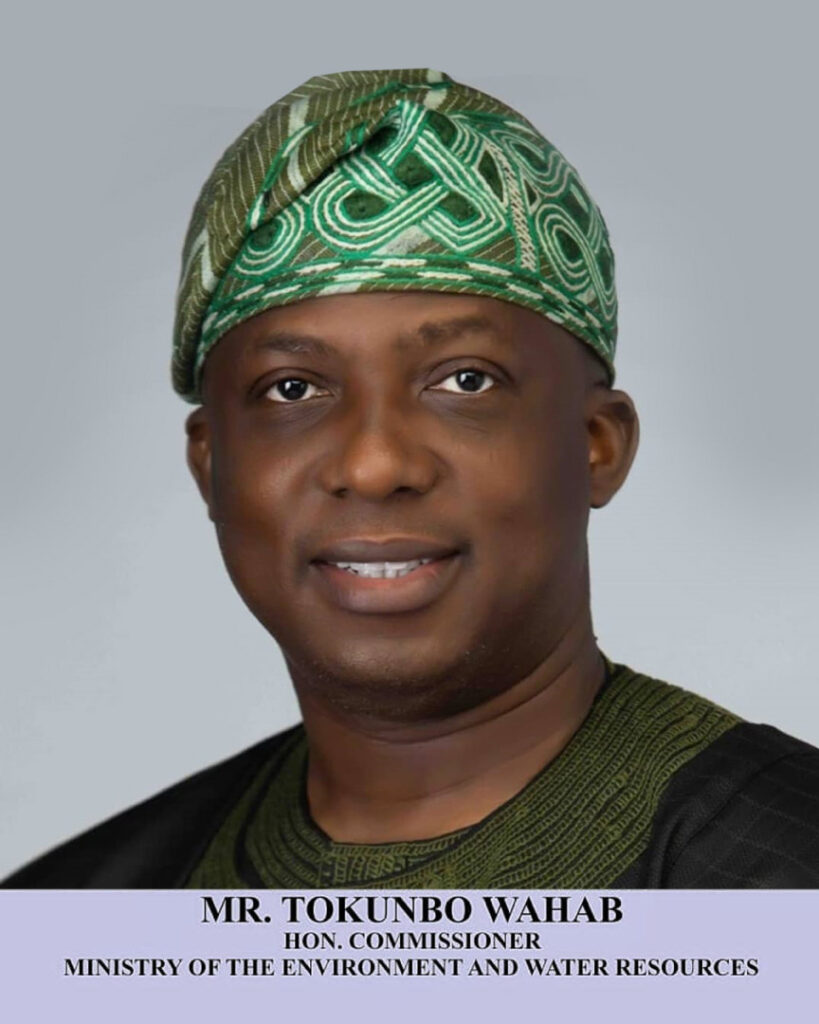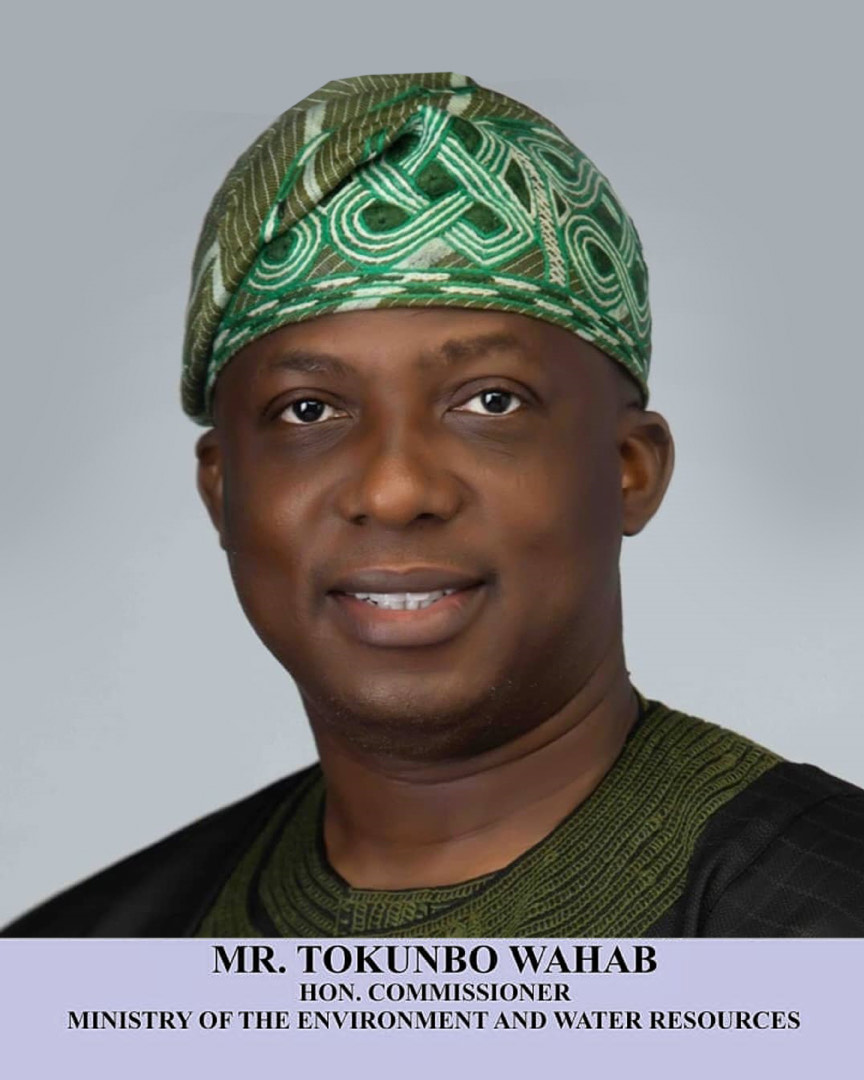…Lagos Commissioner Addresses Right of Way Controversies and Waste Management Plan
Lagostoday Reports
Lagos State Commissioner for Environment and Water Resources, Mr. Tokunbo Wahab, has emphasised the necessity of removing buildings obstructing the right of way for critical water systems, despite the challenges involved. Speaking during an interactive X Space session on Tuesday evening, he stated that such actions are taken in the interest of the city’s 22 million residents.
“We don’t like to remove buildings. However, it has to be done to safeguard the collective interest,” Wahab said. “Our decisions are not influenced by ethnicity, religion, or other biases. It’s about what’s best for everyone.”
The commissioner highlighted a recent issue in the Orchid area, where developers intentionally blocked a stormwater collector and narrowed another. Wahab noted that the government had engaged with the developers to explore collaborative solutions but had to take firm action when dialogue failed.
Addressing Broader Environmental Concerns
Beyond the right of way debate, Wahab discussed ongoing initiatives within his ministry, including efforts to combat open defecation. He stressed the importance of sustainable planning, stating, “We cannot indiscriminately build toilets. We must avoid damaging the aquifers. This is why we work closely with private stakeholders to design practical, lasting solutions.”
He extended an open invitation for innovative ideas from citizens and organizations, emphasizing that the fight against open defecation is a shared responsibility. The ministry aims to create a balance between rapid development and environmental preservation.
The conversation also covered the timeline for decommissioning the Olusosun and Igando waste grounds, two major landfill sites in Lagos. Wahab announced that both facilities are slated for decommissioning within the next 24 months. This move aligns with the government’s vision for a cleaner, more sustainable Lagos.
The X Space session drew an audience of private citizens, government officials, and stakeholders from diverse sectors, reflecting broad interest in the state’s environmental policies.

“We are working to transform waste management systems while keeping the environment safe,” Wahab stated. “Lagos deserves nothing less than a world-class framework for sustainability.”
The commissioner’s comments highlight the Lagos State Government’s dedication to striking a balance between environmental care and development. The state wants to establish itself as a leader in urban sustainability in Nigeria and abroad by working together to address important issues.
